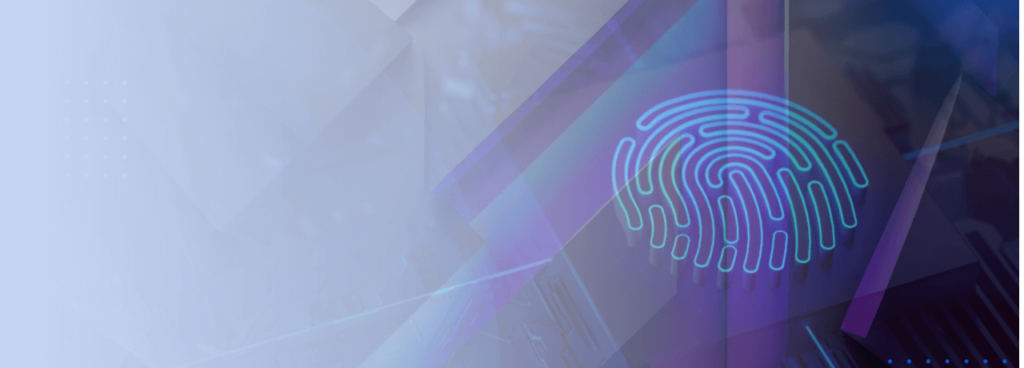Data is the new oil in this mopdern age protecting sensitive information has become paramount. Organizations, regardless of size or industry, are increasingly vulnerable to cyber threats such as data breaches, ransomware attacks, and phishing scams. To mitigate these risks and safeguard their digital assets, many companies have turned to the Chief Information Security Officer (CISO).
The Role of a CISO
A CISO is a high-level executive responsible for developing, implementing, and maintaining an organization’s information security strategy. They oversee all aspects of cybersecurity, from risk assessment and incident response to compliance with industry regulations. CISOs play a pivotal role in protecting an organization’s reputation, financial stability, and customer trust.

Complimentary
Cyber Health Check
Discover and classify the
security vulnerabilities present in your website, application, network, and devices.
Don’t Miss Out – Register Now!
Key Responsibilities of a CISO
- Risk Assessment and Management: CISOs conduct comprehensive risk assessments to identify potential vulnerabilities and threats. They develop and implement strategies to mitigate these risks and protect sensitive data.
- Security Policy Development and Enforcement: CISOs create and enforce security policies that govern the use of technology and data within the organization. These policies help ensure that employees are aware of their security responsibilities and adhere to best practices.
- Incident Response Planning: CISOs develop incident response plans to address security breaches and other cyberattacks. These plans outline the steps that should be taken to contain the damage, recover lost data, and prevent future incidents.
- Compliance Management: CISOs ensure that the organization complies with relevant industry regulations, such as GDPR, HIPAA, and PCI DSS. They work with legal and compliance teams to stay up-to-date on regulatory requirements and implement necessary controls.
- Security Awareness Training: CISOs play a crucial role in raising awareness about cybersecurity threats among employees. They develop and deliver training programs to educate employees about best practices for protecting their devices and data.
- Technology Selection and Implementation: CISOs are responsible for selecting and implementing security technologies, such as firewalls, intrusion detection systems, and encryption tools. They work with IT teams to ensure that these technologies are properly configured and maintained.

Challenges Faced by CISOs
Despite the critical importance of their role, CISOs face numerous challenges in today’s complex and rapidly evolving digital landscape. Some of the most common challenges include:
- Resource Constraints: CISOs often operate with limited budgets and staff, making it difficult to implement and maintain adequate security measures.
- Talent Shortage: There is a significant shortage of skilled cybersecurity professionals, making it challenging to find and retain qualified talent.
- Evolving Threat Landscape: Cyber threats are constantly evolving, making it difficult for CISOs to stay ahead of the latest attacks.
- Cultural Resistance: CISOs may face resistance from employees who are reluctant to adopt security measures that may inconvenience them or limit their productivity.
- Board and Executive Buy-In: CISOs must often convince senior leadership of the importance of investing in cybersecurity. This can be challenging, especially when there is pressure to cut costs.
The Future of the CISO Role
As the digital landscape continues to evolve, the role of the CISO will become even more critical. CISOs will need to adapt to new threats, technologies, and regulations while also demonstrating strong leadership and business acumen. In the future, CISOs may be expected to play a more strategic role in driving innovation and growth within their organizations.
In conclusion, the CISO is a vital role within any organization that values the security of its digital assets. By developing and implementing robust security measures, CISOs can help to protect their organizations from cyber threats and ensure the continued success of their businesses. As the digital landscape continues to evolve, the CISO will remain a crucial guardian of digital fortresses.

How can DataGuard help?
DataGuard can help businesses establish robust security measures, conduct regular risk assessments, and promote cybersecurity awareness and training. The industry can effectively mitigate its evolving cyber threats.

GUARDIAN ABSOLUTE PROGRAM
Guardian Absolute Program is DataGuard’s flagship comprehensive cybersecurity solution to protect organizations against various threats, combining security technologies, methodologies, and best practices to create a robust defense posture.

MANAGED DETECTION AND RESPONSE (MDR)
Managed Detection and Response (MDR) is an advanced security solution designed to fortify your organization’s cybersecurity framework. It combines innovative technology and human expertise to detect, analyze, and swiftly respond to potential cyber threats.

MANAGED SECURITY AWARENESS TRAINING
Managed Security Awareness Training is a program designed to educate and train employees on cyber security best practices, potential threats, and how to respond to security incidents. It aims to raise awareness about common attack vectors, such as phishing emails and social engineering techniques, and helps employees develop the necessary skills to recognize and report suspicious activities.
____
Secure your organization’s bottom line and ensure business continuity by understanding the key aspects of cyber insurance.

